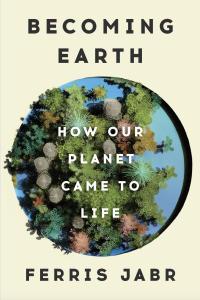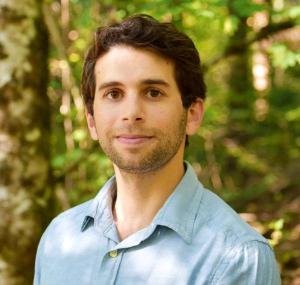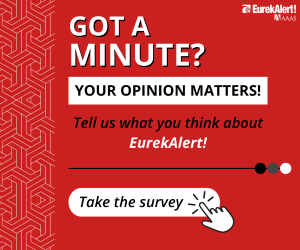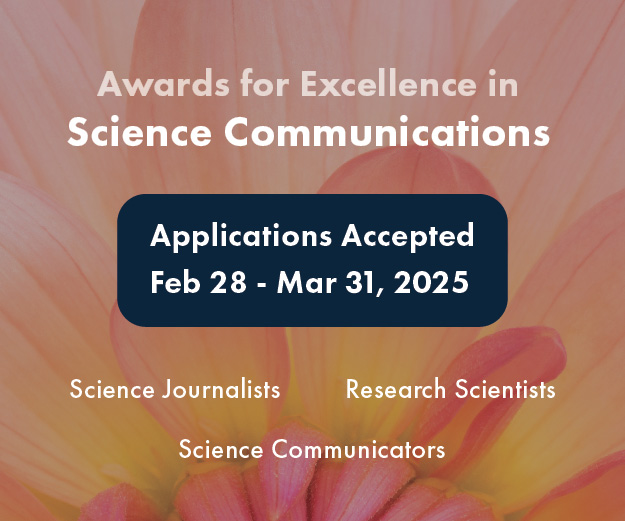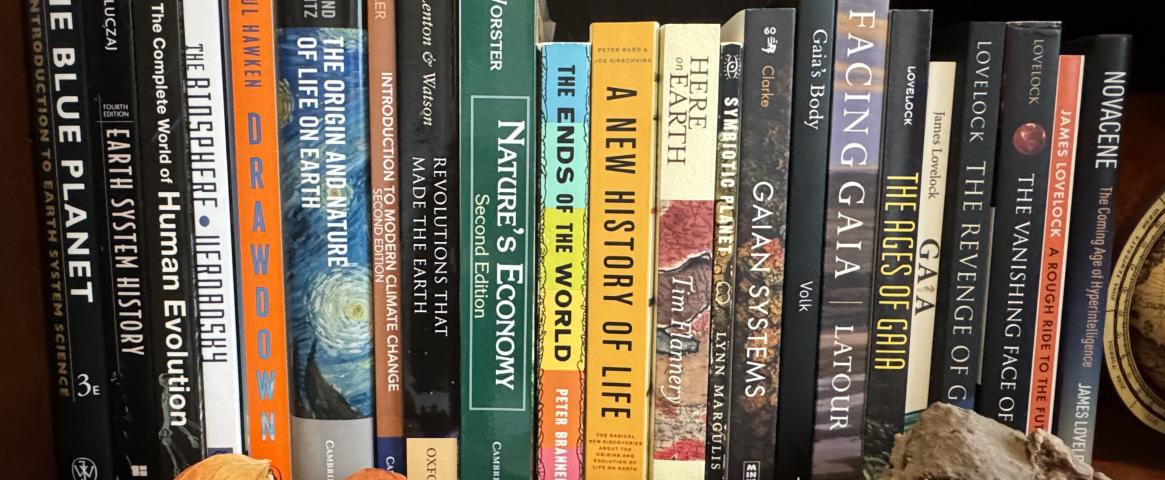
Ferris Jabr—Becoming Earth: How Our Planet Came to Life
HOW OUR PLANET CAME TO LIFE
Ferris Jabr
Random House, June 25, 2024
Hardcover, $30.00, eBook, $13.99, audio book, $18
Hardcover ISBN-10: 0593133978, ISBN-13: 9780593133972
eBook ASIN: B0CJTLBCDX
Audio book ASIN: B0CKM3P33F
Jabr reports:
Growing up, I always heard that the Gaia hypothesis—the idea that, together, Earth and life form a single, self-regulating, living entity—was closer to mysticism than science. Over time, however, I started noticing more and more studies about life’s capacity to alter the planet, often in ways that ultimately benefitted itself.
Learning that plants, fungi, and microbes collectively generate about half of the rain that falls on the Amazon rainforest completely changed the way I think about life’s relationship to its environment. That was just one of numerous similar examples. Over the past several billion years, life breathed oxygen into the atmosphere, turned the sky blue, converted barren crust into fertile soil, and concocted the modern oceans.
Through research and interviews, I discovered that the essence of the Gaia hypothesis—the idea that life continuously transforms the planet and is intertwined with its self-regulating processes—had quietly become part of mainstream Earth system science. Some scientists were even starting to refer to Earth itself as alive. I think we’re currently experiencing a major shift in our understanding of the planet and I wanted to write a book that would capture and elucidate this exciting and important development.My agents, Larry Weissman and Sascha Alper, initially contacted me after reading one of my stories in [The New York Times Magazine] (https://www.nytimes.com/2019/01/09/magazine/beauty-evolution-animal.html). They helped me refine my early ideas into a formal book proposal and guided me through the process of landing a book deal. I funded the reporting—which required extensive international travel—with a combination of the advance, freelance income, a Whiting Foundation Creative Nonfiction Grant, and an MIT KSJ Fellowship.
Although I knew this would be the most challenging project of my career to date, I was still not fully prepared for just how much time and energy it would require—especially during the brunt of the pandemic. I encourage aspiring authors to think strategically about the time and resources they will need to write the book they envision and to start planning for every stage of the process as far in advance as possible.
Contact info:
- Ferris Jabr: 650-8232170, ferris.jabr@gmail.com, https://www.ferrisjabr.com/, https://www.ferrisjabr.com/book
Twitter/X: @ferrisjabr
Instagram: @ferrisjabr
Bluesky: Ferris Jabr
Threads: ferrisjabr
Mastodon: Ferris Jabr
Linkedin: Ferris Jabr - Book: Becoming Earth: How Our Planet Came to Life
- Publicist: Greg Kubie: gkubie@penguinrandomhouse.com
- Agents: Larry Weissman, larry@brooklynliterary.com, and Sascha Alper, sascha@brooklynliterary.com
NASW members: will your book be published soon? Promote it by submitting your report for Advance Copy.
Tell your fellow NASW members how you came up with the idea for your book, developed a proposal, found an agent and publisher, funded and conducted research, and put the book together. Include what you wish you had known before you began working on your book, or had done differently.
See https://www.nasw.org/advance-copy-submission-guidelines.
View Advance Copy archives at https://www.nasw.org/member-article/advance-copy.
Thinking of writing a book? If you are a NASW member, you may access a list of more than 200 books and online resources to help you craft your book proposal, find an agent and funding sources, negotiate your contract, learn about self-publishing, publicize and market your book, and more at https://www.nasw.org/article/write-book.
View the recording of an Advance Copy Virtual Business Chat, A Primer for Authors on Book Publicity. NASW member login required.
View the recording of a Virtual Business Chat presented by NASW’s Freelance Committee and Advance Copy column Writing Wikipedia Profiles. NASW member login required.
View the recording of a recent Virtual Skills Chat presented by NASW’s Freelance Committee Using Generative A.I. as Writers and Editors. NASW member login required.
Send book info and questions about book publishing to Lynne Lamberg, NASW book editor, llamberg@nasw.org.
Follow @LynneLamberg and @lynnelamberg.bsky.social for news about NASW authors, science/medical books, and writing.
Banner image adapted from original photo by Ferris Jabr.
NASW invites publishers and publicists to purchase NASW website ads to promote their authors and books. Visit NASW’s self-service purchasing portal.
Advance Copy
The path from idea to book may take myriad routes. The Advance Copy column, started in 2000 by NASW volunteer book editor Lynne Lamberg, features NASW authors telling the stories behind their books. Authors are asked to report how they got their idea, honed it into a proposal, found an agent and a publisher, funded and conducted their research, and organized their writing process. They also are asked to share what they wish they’d known when they started or would do differently next time, and what advice they can offer aspiring authors. Lamberg edits the authors’ answers to produce the Advance Copy reports.
NASW members: Will your book be published soon? Visit www.nasw.org/advance-copy-submission-guidelines for information on submitting your report.
Publication of NASW author reports in Advance Copy does not constitute NASW's endorsement of any publication or the ideas, values, or material contained within or espoused by authors or their books. We hope this column stimulates productive discussions on important topics now and in the future as both science and societies progress. We welcome your discussion in the comments section below.
